When the seasons shift, there is often a shift in our sleep patterns. In the clinic we have been noticing a lot of our patients coming in with complaints of restless nights or overly active dreaming/nightmares. Under the lens of Traditional Chinese Medicine, this occurs because we are moving from a season of Yang energy (summer) to a season of Yin energy (Fall and then Winter). Fall is also a time of transition with school and work routines, which can also disrupt sleep patterns.
Acupuncture and the complete system of Chinese medicine can help you fall asleep more quickly, stay asleep, and not wake up groggy or overly alert in the morning. Try these acupressure on these two points to get a more restful night’s sleep!
Heart 7 - Shen Men
This point is translated as “Spirit Gate” and is a powerfully calming point. Find it on the crease of your wrist on the pinky side. Use the opposite pointer finger and thumb to pinch the area. Find a tender spot and hold the pressure for 30-60 seconds.
Spleen 6 - San Yin Jiao
This point is translated as “Three Yin Intersection” as the three most yin channels of the body intersect here. Find it on the inner side of your lower leg, around 2 inches above the medial malleolus in a tender depression that is posterior to the medial border of the tibia. Again hold this tender spot for 30-60 seconds.
I really love these points because they are so clinically effective with research to back it up! Studies have shown that the combination of acupuncture points Heart 7 and Spleen 6 work on the GABA pathways and increase the amount of GABA in cerebrospinal fluid of the brain. (1) GABA is known to have an inhibitory effect on the brain and is one of the main neurotransmitters involved in sleep. An increase in GABA will quiet the CNS prior to sleep.
Need more help with your sleep? Regular acupuncture and herbal medicine can help! Book an appointment today to get a customized treatment to help you sleep better!
Shergis, J., Xiaojia, N., Jackson, M. etc al. “A Systematic Review of Acupuncture for Sleep Quality in People with Insomnia.” Complementary Therapies in Medicine, vol. 26, June 2016, pp. 11–20., doi.org/10.1016/j.ctim.2016.02.007.


